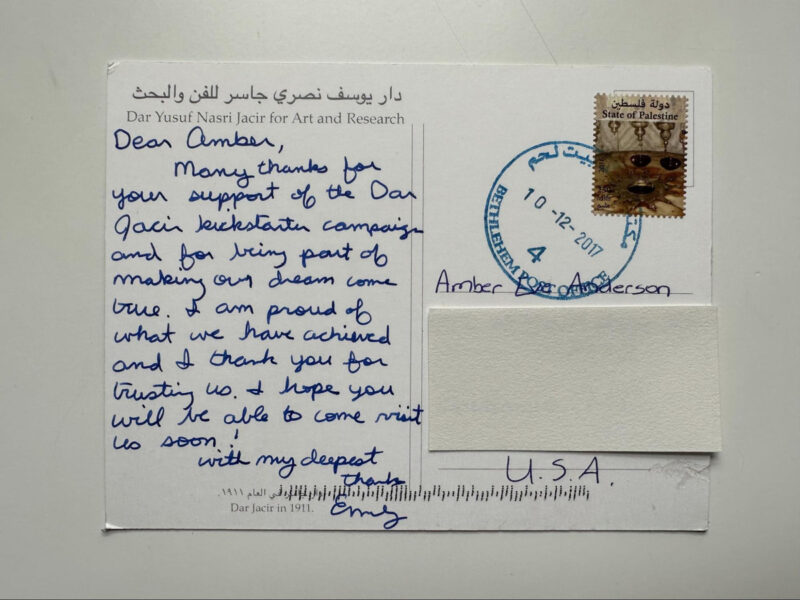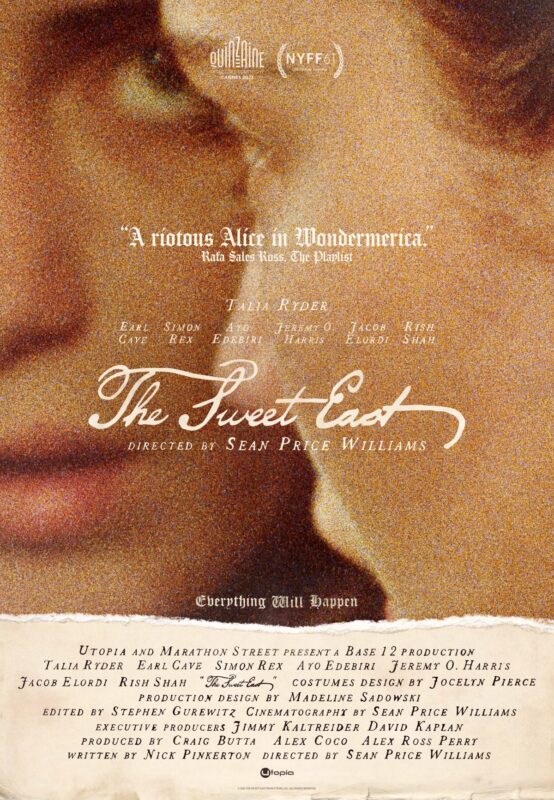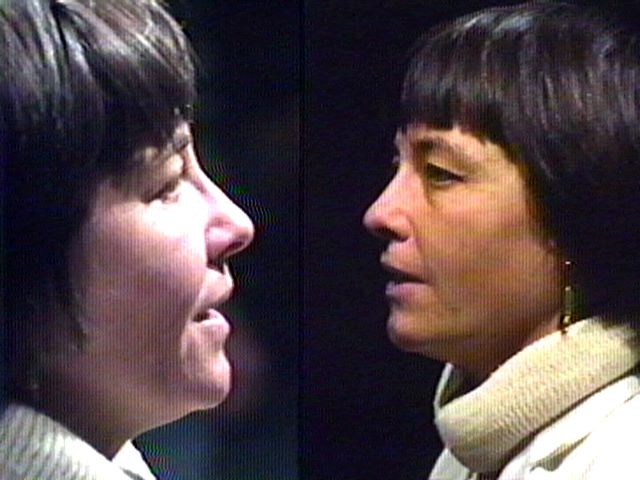About a half hour into Crestone, an impudent semi-documentary about rappers isolated in the Colorado mountains making music, philosophizing, Instagramming, and showing up for one another, Phong—one of the many members of this collective calling itself Deadgod—ignores the Emergency Alert System tone squonking from the television while he paints an image of the scary-ass rabbit from Donnie Darko smoking a blunt. Soon, there’s another tone though: the microwave. Phong was heating up water for Cup O’ Noodles. He pours the water into the noodles and wanders over to a massive flatscreen TV with the rest of Deadgod to see what the warning is all about: There are wildfires. They’re getting bad.
They don’t do anything. What is there to do? There is a metaphor here. The world seems as though it is ending and here they all are inside the house, slurping down Cup O’ Noodles. Except it isn’t a metaphor. We are all literally inside right now, eating bad food, staring at a TV (or a phone) that is telling us the end of something, maybe everything, is happening.
Baltimore filmmaker Marnie Ellen Hertzler’s Crestone feels like a great piece of outré journalism. It found the sweet spot of making you feel as though you’re there watching something happen and commenting on it all only when necessary. And indeed, it is a movie with one heck of a lede: “My friends from high school are Soundcloud rappers now. They moved to the desert of Crestone, Colorado to grow weed and make music for the internet,” Hertzler narrates early on. I kept thinking of Eve Babitz especially as she is described by Molly Lambert in the introduction to I Used To Be Charming: The Rest Of Eve Babitz: “Cool beyond belief but friendly and unintimidating.” That’s the vibe of Crestone.
Another scene that is a metaphor. Sloppy, the squad’s demigod, trudges through an abandoned house. He finds a Timb boot whose sole is falling off. He throws it to SadBoyTrapps who puts it on (it fits!) and then SadBoyTrapps picks up a roll of tape with the eBay logo on it and tapes it up. Then Sloppy finds a pill bottle with one Xanax inside. He shares it with SadBoyTrapps but does not tell the others. The scene—I believe—is “acted” rather than “real,” though Deadgod document their “IRL” life via Instagram so they’re often smearing the real and the fake even when a camera, which also alters “reality,” is not pointed at them.







